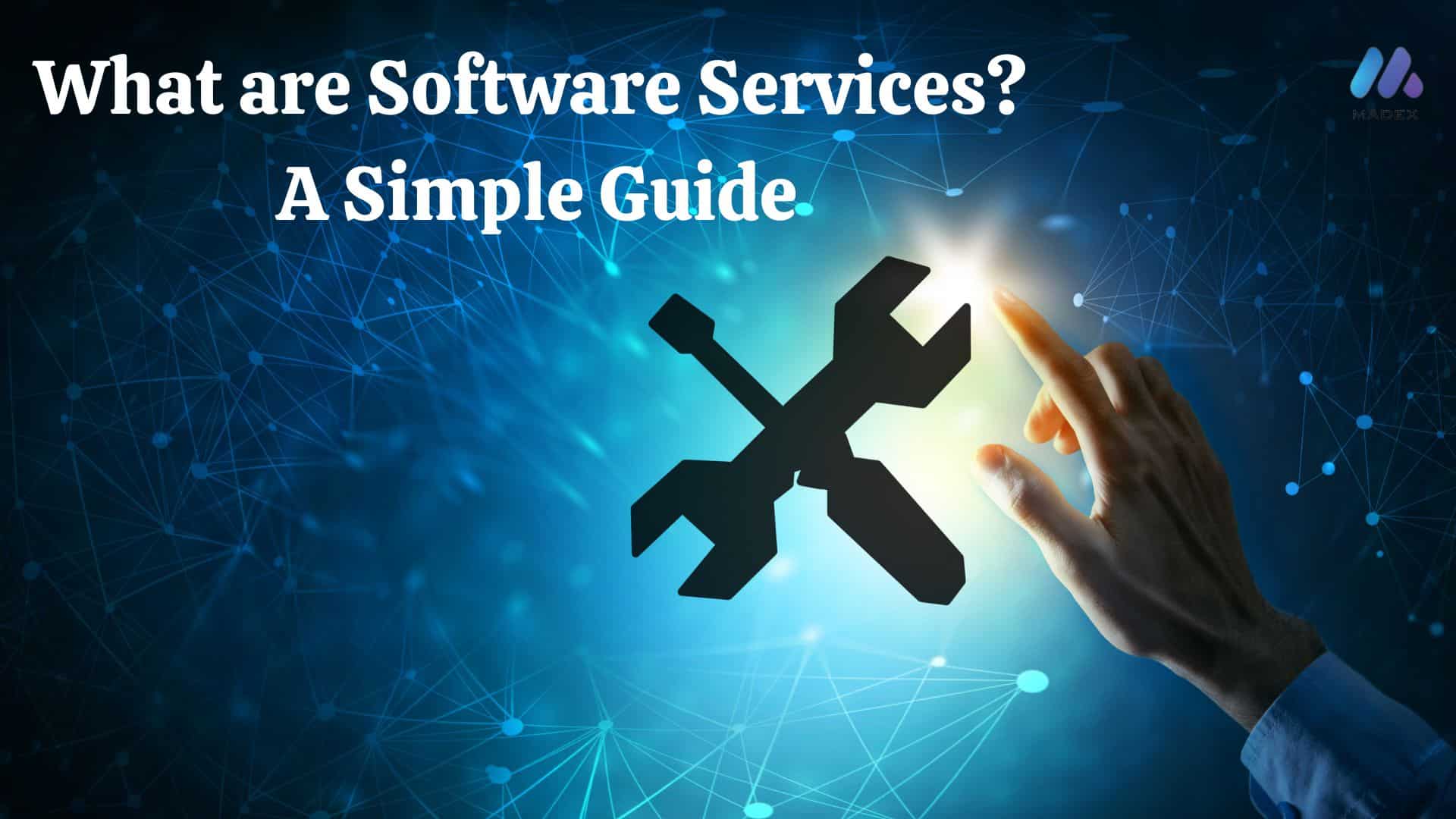
What are Software Services? A Simple Guide
Software services have become an integral part of our daily lives, whether we realize it or not. From mobile applications that help us order food to enterprise systems that manage large-scale operations, software services power modern businesses and personal conveniences alike. But what exactly are software services?
In simple terms, software services refer to digital solutions that enable users to perform specific tasks, automate processes, and enhance operational efficiency. Unlike standalone software products that require installation and maintenance, software services are often cloud-based and accessible via the internet. This model allows businesses and individuals to leverage advanced technology without the need for extensive hardware or IT expertise.
Contents
Types of Software Services
Software services come in various forms, each catering to different needs and industries. The major categories include:
1. Software as a Service (SaaS)
SaaS is one of the most popular types of software services. These are cloud-based applications that users can access through a web browser without needing to install anything on their devices. Examples include Google Workspace, Microsoft 365, and Dropbox. SaaS solutions are widely used for collaboration, productivity, and communication.
2. Platform as a Service (PaaS)
PaaS provides a cloud-based environment where developers can build, test, and deploy applications without worrying about infrastructure management. This service includes tools, frameworks, and hosting environments necessary for software development. Examples include Google App Engine, Microsoft Azure, and AWS Elastic Beanstalk.
3. Infrastructure as a Service (IaaS)
IaaS offers virtualized computing resources over the internet, including storage, networking, and servers. This type of service allows businesses to scale their infrastructure without investing in expensive hardware. Leading providers include Amazon Web Services (AWS), Google Cloud, and Microsoft Azure.
4. Managed Services
Managed services involve outsourcing specific IT operations to third-party providers. These services include cybersecurity, network monitoring, and cloud management. Managed service providers (MSPs) help businesses maintain seamless operations without dedicating internal resources to IT management.
5. Custom Software Development Services
For businesses with unique requirements, custom software development services offer tailor-made solutions. These can range from enterprise resource planning (ERP) systems to mobile applications designed specifically for an organization’s needs.
Benefits of Outsourcing Software Services
Outsourcing software services has become a common practice for businesses looking to optimize efficiency and reduce costs. Here are some of the key advantages:
1. Cost Savings
Developing and maintaining in-house software can be expensive. By outsourcing, businesses can eliminate the need for hiring full-time developers and investing in costly infrastructure.
2. Access to Expertise
Outsourcing provides access to a pool of skilled professionals who specialize in software development, cybersecurity, and IT infrastructure. This ensures high-quality solutions tailored to business needs.
3. Scalability and Flexibility
Outsourcing allows businesses to scale their software services based on demand. Whether it’s upgrading an application or expanding cloud storage, third-party providers offer flexibility that in-house teams may struggle to match.
4. Faster Time to Market
Software development firms have the expertise and resources to deliver projects faster. This speed is crucial in today’s competitive market, where time-to-market can make or break a product’s success.
5. Enhanced Security and Compliance
Third-party providers often have robust security measures and compliance standards in place. This is particularly beneficial for businesses handling sensitive customer data or operating in regulated industries.
Common Use Cases for Businesses
Businesses across various industries leverage software services to enhance productivity, improve customer experience, and streamline operations. Here are some common use cases:
1. Customer Relationship Management (CRM)
CRM software services help businesses manage customer interactions, sales, and support. Popular CRM platforms include Salesforce, HubSpot, and Zoho CRM.
2. E-commerce Solutions
Online retailers use SaaS-based e-commerce platforms like Shopify, Magento, and WooCommerce to manage their digital storefronts, process payments, and track inventory.
3. Enterprise Resource Planning (ERP)
ERP software integrates various business processes, including finance, supply chain, and human resources, into a unified system. Leading ERP solutions include SAP, Oracle NetSuite, and Microsoft Dynamics.
4. Cloud Storage and Collaboration
Cloud-based storage solutions like Google Drive, Dropbox, and OneDrive enable teams to collaborate seamlessly by providing centralized document storage and real-time editing capabilities.
5. Cybersecurity and Data Protection
With rising cyber threats, businesses rely on managed security services to protect their systems. Providers offer services such as endpoint protection, firewall management, and threat detection.
Trends in Software Services
The software services landscape continues to evolve with emerging technologies and market demands. Here are some key trends shaping the industry:
1. Artificial Intelligence (AI) and Machine Learning (ML)
AI-powered software services are becoming increasingly prevalent, enabling automation, predictive analytics, and personalized user experiences. Businesses leverage AI for chatbots, fraud detection, and data analysis.
2. Low-Code and No-Code Development
Low-code and no-code platforms are empowering non-technical users to build applications without extensive programming knowledge. Examples include Microsoft Power Apps and Bubble.
3. Edge Computing
Edge computing reduces latency by processing data closer to the source rather than relying on centralized cloud servers. This trend is gaining traction in IoT (Internet of Things) applications and real-time analytics.
4. Hybrid and Multi-Cloud Strategies
Businesses are adopting hybrid and multi-cloud approaches to optimize performance, enhance security, and avoid vendor lock-in. This strategy enables seamless integration across multiple cloud platforms.
5. Cybersecurity Enhancements
With increasing cyber threats, software service providers are enhancing security protocols, implementing zero-trust architectures, and utilizing AI-driven threat detection to safeguard user data.
Software services play a crucial role in modern business operations, offering scalable, cost-effective, and innovative solutions. As technology advances, businesses that leverage the latest software service trends will gain a competitive edge in their respective industries. You can visit Madex Group to know about our digital marketing services to enhance your business performance and revenue!

